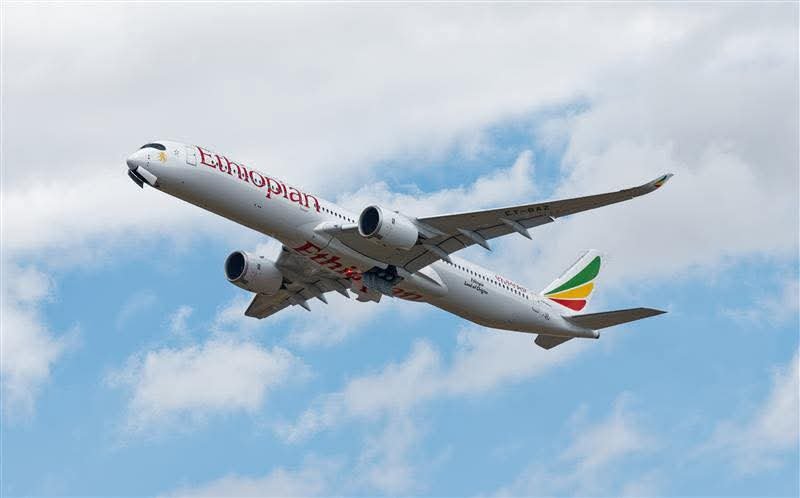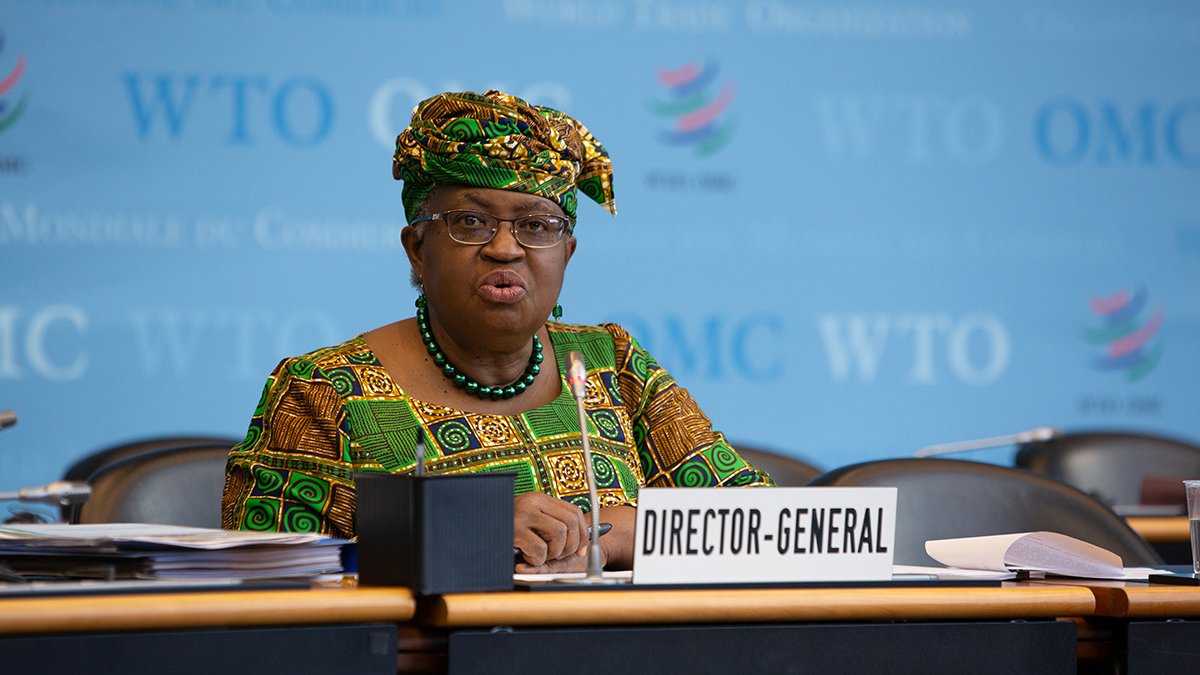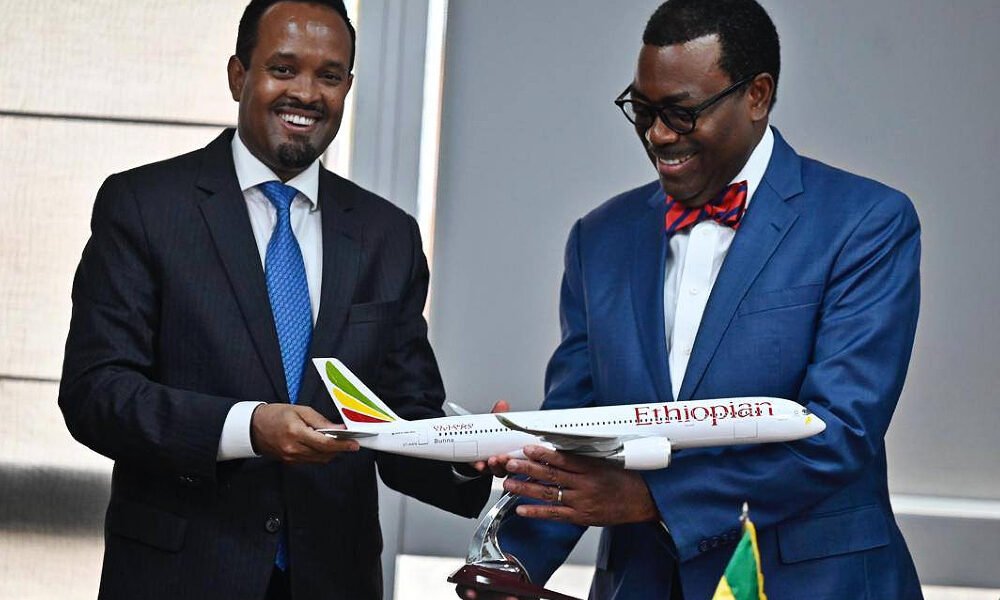
After years of decline, Zambia’s railway network is experiencing a resurgence, promising to revitalize both passenger travel and trade across the nation. A combination of strategic investments, rehabilitation efforts, and a renewed focus on efficiency are driving this transformation, signaling a significant economic boost for the country.
President Hakainde Hichilema’s administration has prioritized the railway sector, recognizing its crucial role in unlocking Zambia’s potential as a regional trade hub. Recent investments have focused on upgrading existing lines, repairing damaged infrastructure, and acquiring modern locomotives and rolling stock.

“A functional and efficient railway system is essential for Zambia’s economic growth,” stated Minister of Transport and Logistics, Frank Tayali, during a recent press conference. “It provides a cost-effective and environmentally friendly alternative to road transport, reducing congestion, lowering transportation costs, and connecting communities.” The revitalized railway is already showing positive results. Passenger numbers have increased significantly in recent months, particularly on key routes connecting major cities. Businesses are also increasingly utilizing rail transport to move goods, citing its reliability and cost-effectiveness compared to trucking.
The Zambia Railways Limited (ZRL), the state-owned railway operator, is playing a central role in this revival. The company has undergone significant restructuring and modernization, with a focus on improving operational efficiency and customer service. “We are committed to providing safe, reliable, and affordable rail transport services to our customers,” said ZRL CEO, Elias Hamoonga. “Our investments in infrastructure and technology will ensure that we can meet the growing demand for rail transport in Zambia.”
The resurgence of Zambia’s railway network is not only benefiting the country domestically but also contributing to regional integration. The railway connects Zambia to neighboring countries such as Tanzania, the Democratic Republic of Congo, and Zimbabwe, facilitating cross-border trade and economic cooperation.
With continued investment and strategic planning, Zambia’s railway is poised to play an even greater role in the country’s economic development and regional integration in the years to come, marking a new era for travel and trade.







